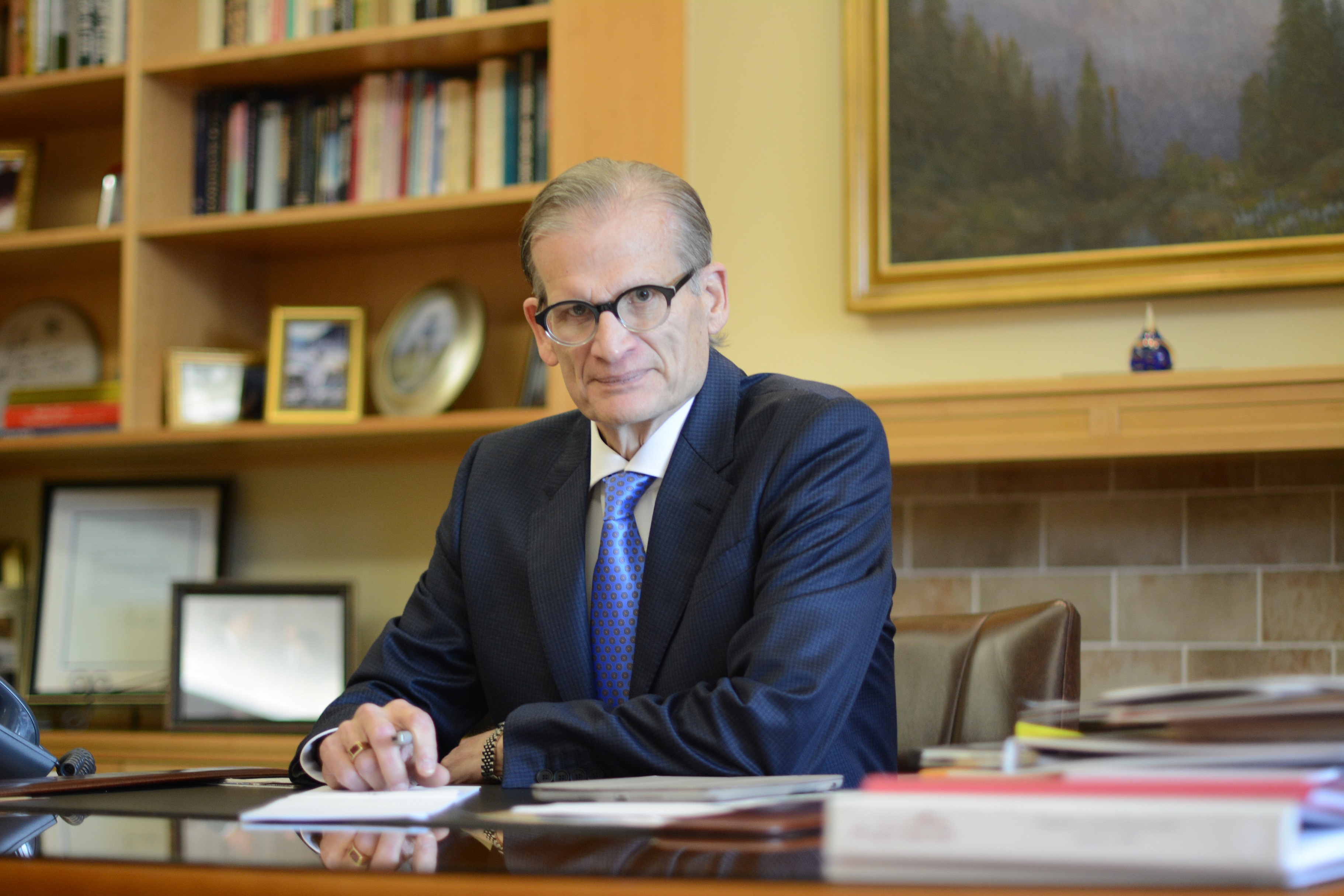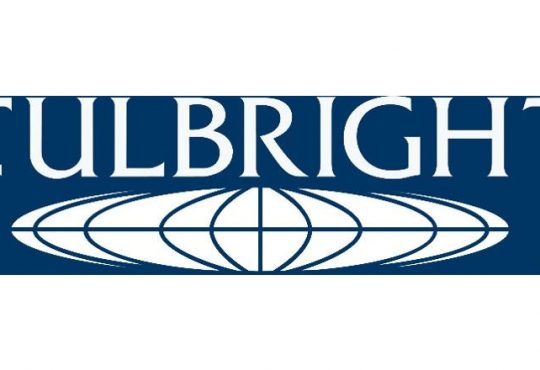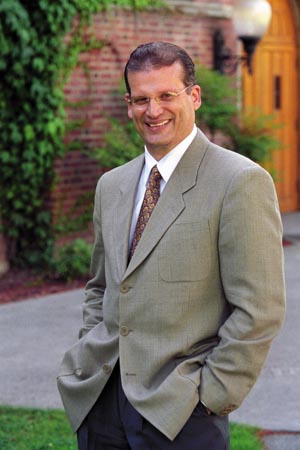
President Ronald Thomas has joined the executive Committee of the National Association of Independent Colleges and Universities as the chair of the Committee on Student Aid.
President Thomas, in his final year of his three-year term, has been with the Committee on Student Aid at NAICU for two years.
“Now in my third year, I was named by the executive Committee to join the 10 member executive Committee, assuming the role of chair of the Student Aid Committee, one of NAICU’s four policy Committees,” Thomas said.
The other three Committees are the Tax Policy Committee, Accountability Committee, and Policy Analysis and Public Relations Committee.
NAICU represents hundreds of colleges across the country with one unified goal.
“The primary mission of NAICU is to be a unified voice in our nation’s capital speaking on behalf of the interests of students from these colleges, influencing government leaders in Congress and the executive branch to pass intelligent federal legislation that would benefit college students and their families, especially in the areas of student aid, tax policy, and government regulation,” Thomas said.
According to Thomas, there are several issues that the Committee has to tackle concerning student financial aid. The Federal Perkins Loan program is nearing expiration, and will force students to seek more expensive financial aid if cancelled by Congress. The Supplementary Equal Opportunity Grant is also in danger of cancellation by congressional proposals.
In addition, legislation is being debated on direct federal loans to require students to pay sooner than they would under current legislation. These changes and issues will affect more than over $4 million dollars in financial aid being distributed to over 1,500 Puget Sound students.
“It is worth having in perspective that the University of Puget Sound provides more than $40 million in grant aid every year to our students—a lot more than all of the grants and loans combined from other sources, including the government,” Thomas said, “but the federal grants and loans are very important to many families in financing their students’ education, and often make the difference between a student’s being able to attend their chosen college or not.”
The Thomas expressed that NAICU has support for the programs faced with discontinuation. Despite congressional challenge, these financial programs have political support from figures such as Congressman Derek Kilmer and Senator Patty Murray.
Another positive change that NAICU hopes to enact is the simplification of the Free Application for Federal Student Aid. FAFSA’s complexity can be both overwhelming and unhelpful for students in need of governmental financial aid.
“Some of the proposed legislation would reduce the form to only two questions—size of family and net household income. The NAICU position is that we want to simplify, but not oversimplify to the point that a family’s true ability to pay is not able to be calculated, which would require yet another form for every family to fill out for each institution—making it more complex rather than less,” Thomas said.
As representatives of a liberal arts education, students at Puget Sound can impact legislative decisions by writing to representatives and politicians. Student voices, from the perspective of financial aid recipients, give specific perspectives to the macroscopic debates over financial aid programs.
Thomas’s position at NAICU provides the University with a conduit for national change. If the Committee proves successful, then students will be able to continue their education with support from these programs on the verge of discontinuation.
“Our involvement in NAICU is a recognition of Puget Sound’s relevance and leadership and raises our profile further,” Thomas said, “providing opportunities for our values to be articulated on the national stage.”


